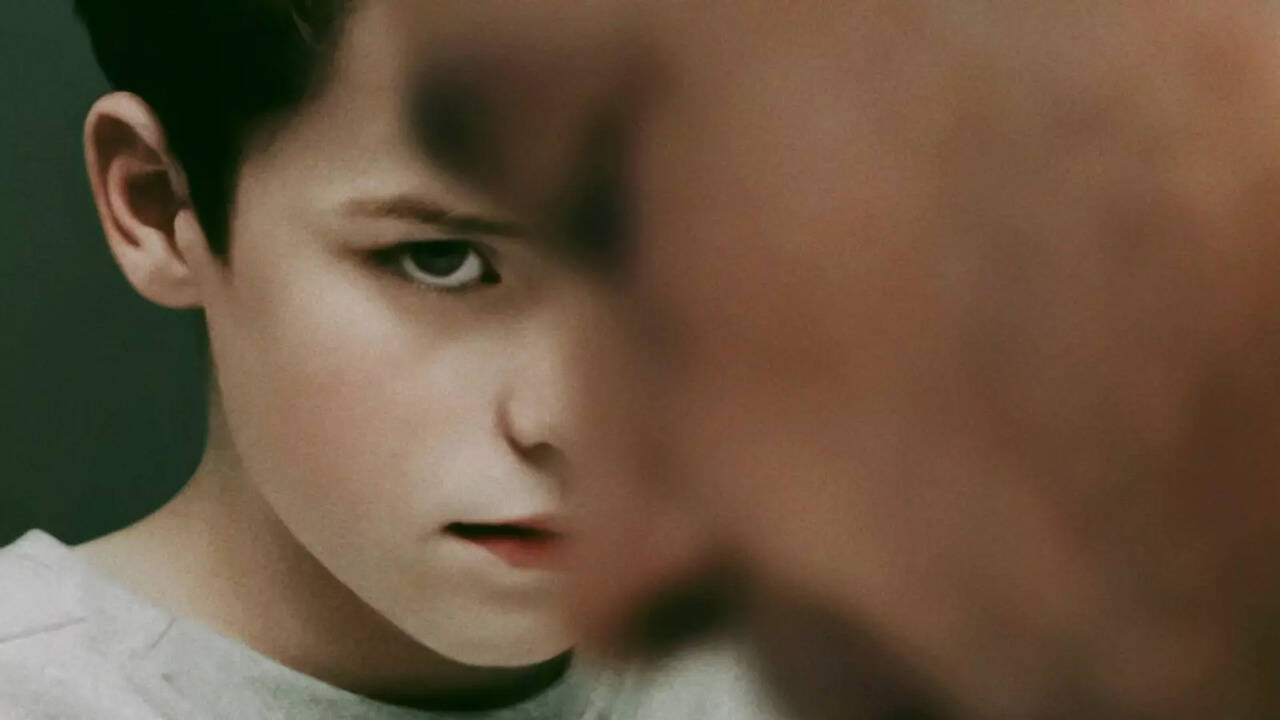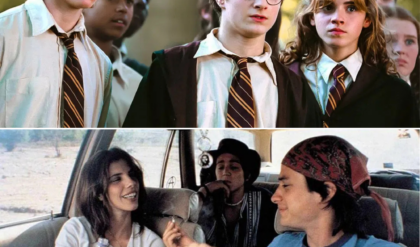
Adolescence Crosses 24.3 Million Record Viewership On Netflix, Eyes Surpassing Russo Bros’ The Electric State
Actor and filmmaker Stephen Graham, who plays the father in Netflix’s Adolescence, was surprised when he heard that the series is so widely talked about in India as well. He was delighted to see that what started as a story which they felt was local to the Western culture found an audience thousands of miles away, especially among Indian parents. But when you look closely at where Indian society is today, the connection feels inevitable.
For the unversed, Adolescence follows the story of a 13-year-old boy accused of murdering a girl from his school, an act that is caught on CCTV. Thus begins a criminal investigation and episodes that touch areas like parental guilt, unchecked male rage, and the dangerous influence of the internet on young minds. The series forces viewers to ask — how well do we really know our children, especially in the digital age?
In India, the timing of this story could not have been more relevant. Parents here are grappling with a generation that is growing up online. The smartphone is practically an extension of a child’s hand. It exposes them to a world of limitless information, content as well as connections. From gaming and social media to streaming platforms, kids are consuming content like never before, and let’s admit it, most of it is unsupervised.
Indian parents know this. They feel it every time their child gets lost into a screen, every time they fail to make eye contact because they are busy scrolling. But how do you regulate it without alienating them? How do you introduce discipline in a space that is so vast and so influential? The series is a reflection of the parental struggle that knows no geography.
Adolescence also cuts deeper in the Indian context because of its subtle focus on the male rage, something that remains uncomfortably close to home. India is at a point where parents are waking up to the need to raise boys differently. This series questions our traditional masculinity, where strength is equated with aggression, where emotions are bottled up, where power is exercised through control.
There is growing awareness that if change doesn’t start at home, society will continue to witness horrifying acts of violence. Incidents like the Nirbhaya case or the RG Kar rape case are not distant memories. They are haunting reminders of what unchecked male rage can do. They have made parents of daughters hyper-aware of the world their children are stepping into. But equally, they have made parents of sons pause and wonder — what are we teaching our boys about anger, about empathy and about power?
Adolescence does not offer easy answers, and that’s what makes it hit so hard. It holds up a mirror to every parent — not just asking “what if this was your child?” but “have you been paying attention to who your child is becoming?” It captures the universal parental fear, that despite your best efforts, you might still fail to protect your child, or worse, fail to protect the world from your child.
For Indian parents, this is more than just a crime thriller. It’s a chilling wake-up call. A reminder that parenting in the digital age is not just about marks and careers. It’s about raising emotionally intelligent, empathetic humans, especially boys who understand that strength lies not in violence, but in kindness.
And perhaps that’s why Adolescence is resonating so deeply — because it taps into fears we have all been too scared to voice, but know are real.
Get Latest News Live on Times Now along with Breaking News and Top Headlines from Parenting, Lifestyle and around the world.





